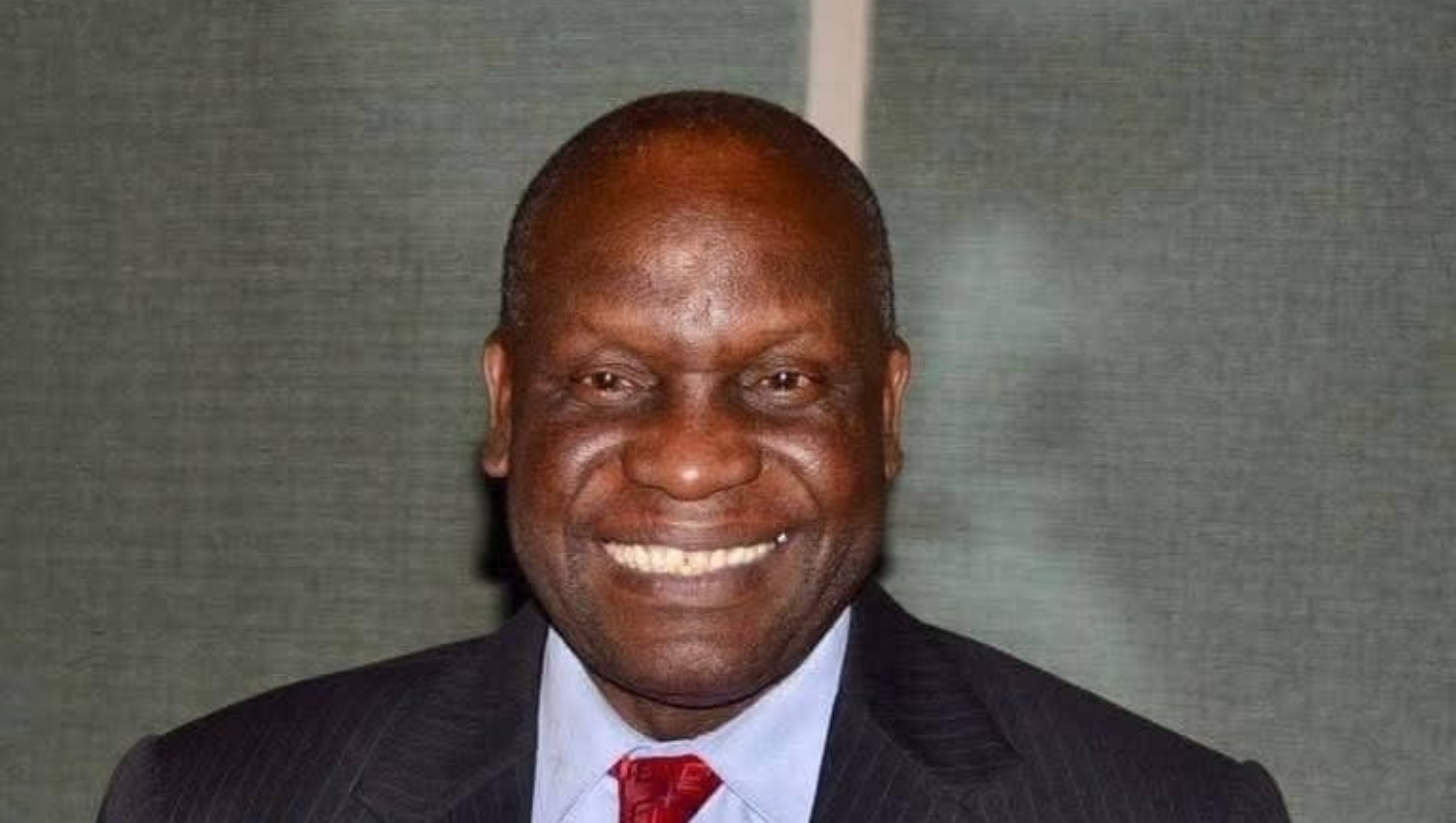Governance, Elections, Advocacy, Research Services (GEARS) Initiative Executive Director McDonald Chipenzi has charged that there is need to stop the enactment of new restrictive laws likely to suffocate the already suffocated civic and democratic spaces.
Mr. Chipenzi notes that Zambia already has a number of laws inimical to a democratic society and that impedes the enjoyment of citizens’ fundamental rights and freedoms.
He says most of the laws were enacted in the colonial days at the height of freedom struggle and were meant to stifle black people’s desire to self-rule.
Mr. Chipenzi adds that most of these laws have not undergone any comprehensive reviews and remain largely the same as they were left by the colonialists.
He cited some of the laws like the Public Order Act (1955), Penal Code (1930) while new ones are being enacted to further shrink the civic space such as NGOs Act (2009) and proposed Cyber Laws.
Mr. Chipenzi explains that protection of freedoms is crucial to creating a tolerant and pluralistic society which allows existence of groups with different beliefs, practices or policies.
He further says there have been arrests, harassment, detentions trials of citizens such as politicians, civil society, activists and media for exercising their freedoms and rights to assemble, associate and express.
The GEARS boss notes that this has weakened the civil society movement, instilled fear in citizens and media, increased emergency of government friendly based reporting among media houses.
He has further suggested that there is need to continue engaging government through relevant Ministries and departments and parliamentarians to consider sponsoring bills to review archaic and undemocratic laws.
Mr. Chipenzi also says mobilisation of critical mass around legal reforms by simplifying and translating excerpts of key legislation should also be encouraged.
He has observed that exchange visits with countries that are doing well on respecting citizens’ freedom and rights to assembly, expression and association as a learning experience like South Africa should be promoted.
Mr. Chipenzi further says a legal fund to assist those who come into conflict with the law should also be established.









